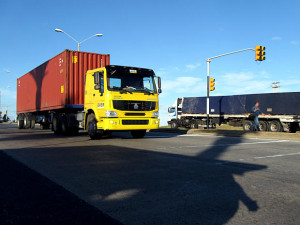Last year, the number of vehicle recalls in the U.S. hit another record, with 51.2 million vehicles involved in 868 separate recalls, according to the National Highway Traffic Safety Administration. The year before, there were 63 million vehicles named in 803 recalls. Many of those are passenger vehicles driven by the public, and those are certainly of great concern – not just to the vehicle owners and passengers, but to all of us who share the road. 
However, one aspect of these recalls that gets less attention – but is now less alarming – is that of commercial truck recalls. A typical commercial truck can weigh 80,000 pounds. In many cases, when tractor-trailers or other large vehicles crash, there are injuries to multiple parties. These are more likely to be serious accidents that result in death. Even so, not all commercial vehicle owners respond to manufacturer recall notices.
Recently, a recall of 16,000 large trucks made by Volvo Trucks North America reached 100 percent completion rate within 18 months of being announced – a feat writers at Trucks.com declared as “rare” and “atypical.” The average commercial vehicle recall, the publication reports, results in only 70 percent of covered vehicles being repaired. Anthony Foxx, U.S. Department of Transportation Secretary, called the Volvo response one of “extraordinary effort,” following the manufacturer’s discovery that there were four separate instances of sudden steering failure. Continue reading ›
 Florida Injury Lawyer Blog
Florida Injury Lawyer Blog













